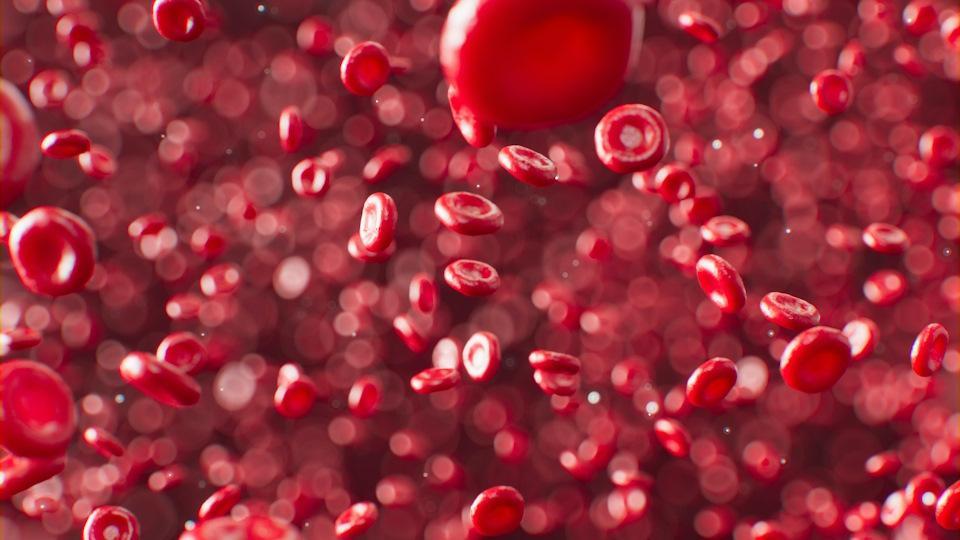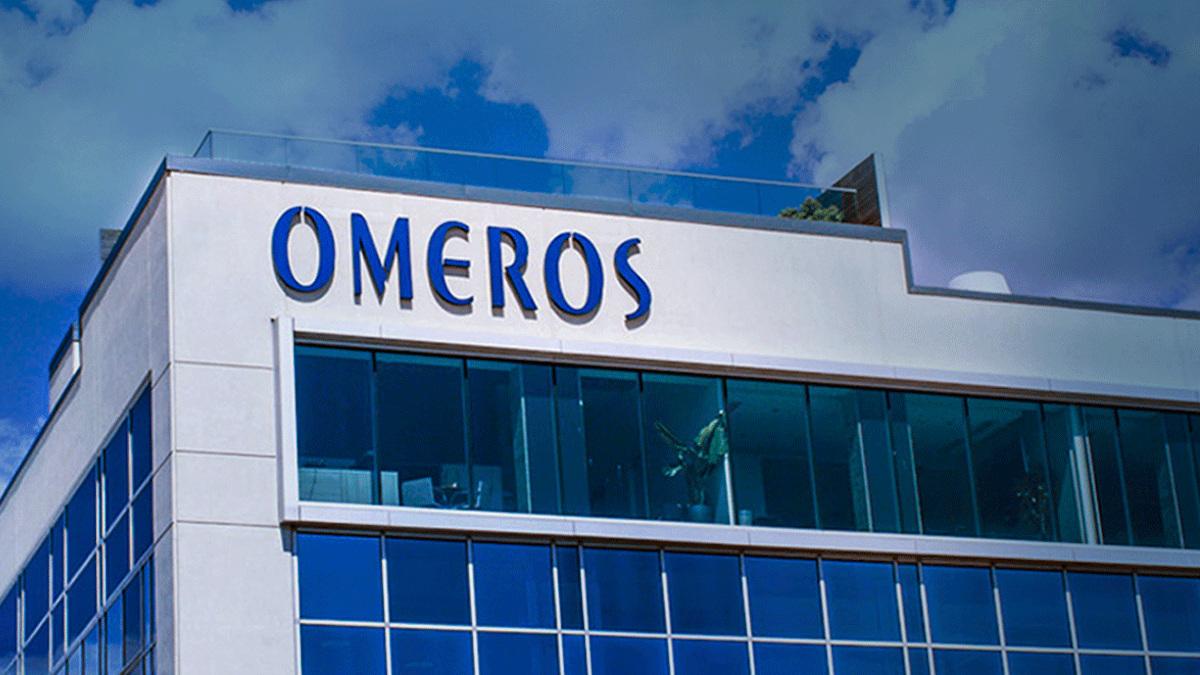Roche gets EU nod for subcutaneous PNH drug PiaSky

Roche's PiaSky has been approved by the European Commission, becoming the first therapy for rare blood disorder paroxysmal nocturnal haemoglobinuria (PNH) that can be given by monthly subcutaneous injection in the EU.
The green light means that anti-complement C5 antibody PiaSky (crovalimab) has now been cleared in the top four world pharma markets, after earlier launches in China, Japan, and the US as it challenges established therapies in the PNH market.
The company has high hopes for PiaSky as it can be administered by patients themselves at home with training, which could reduce the burden of having to have clinic visits, which are needed with rival anti-C5 therapies.
Those include AstraZeneca's Soliris (eculizumab), which is dosed every two weeks, and longer-acting Ultomiris (ravulizumab), which needs an infusion every eight weeks. Soliris is nearing the end of its patent life and saw sales fall 14% to $700 million in the second quarter, while Ultomiris grew 36% to $946 million.
Apellis' C3 inhibitor Empaveli (pegcetacoplan) is also approved for PNH, and is given by subcutaneous infusion, but remains a relatively minor product with sales of less than $25 million in the second quarter.
The approval is based on COMMODORE 2, where subcutaneous (SC) PiaSky given once a month was equivalent to intravenous Soliris every two weeks at controlling the destruction of red blood cells (haemolysis) that characterises PNH, whilst also reducing the need for blood transfusions.
While a typical antibody can bind to an antigen only once, crovalimab has been engineered to bind to the antigen repeatedly, providing sustained complement inhibition at a low dose.
"We are pleased to bring this new treatment to people with PNH in Europe with the hope it may lessen the treatment burden faced by many living with this condition," said Roche's chief medical officer, Levi Garraway.
All the complement inhibitor therapies for PNH could face a tough time competing with new oral therapies that are also reaching or approaching potential market launch.
That includes Novartis' recently approved targeted factor B inhibitor Fabhalta (iptacopan), which has outperformed Soliris and Ultomiris in PNH patients still experiencing residual anaemia in trials and has been tipped to become a $3.6 billion-a-year blockbuster by analysts at Jefferies.
Another recent market entrant is AZ's oral Factor D inhibitor Voydeya (danicopan), which is used as an add-on to C5 inhibitor therapy in patients who don't respond to those drugs on their own.
While Piasky's potential in PNH is hard to gauge – so far, there are no sales figures available – Roche said in its second-quarter results update that it thinks its biggest opportunity could lie in other indications, particularly in sickle cell disease (SCD), where it is in phase 2 testing.
Nearer-term is a readout of a phase 3 trial of the drug in atypical haemolytic uraemic syndrome (aHUS), another indication where it will compete with Soliris, Ultomiris, and potentially Fabhalta, which is in clinical trials for that condition. However, an earlier reported PiaSky programme in lupus nephritis appears to have been discontinued as it no longer appears in Roche's pipeline listing.












